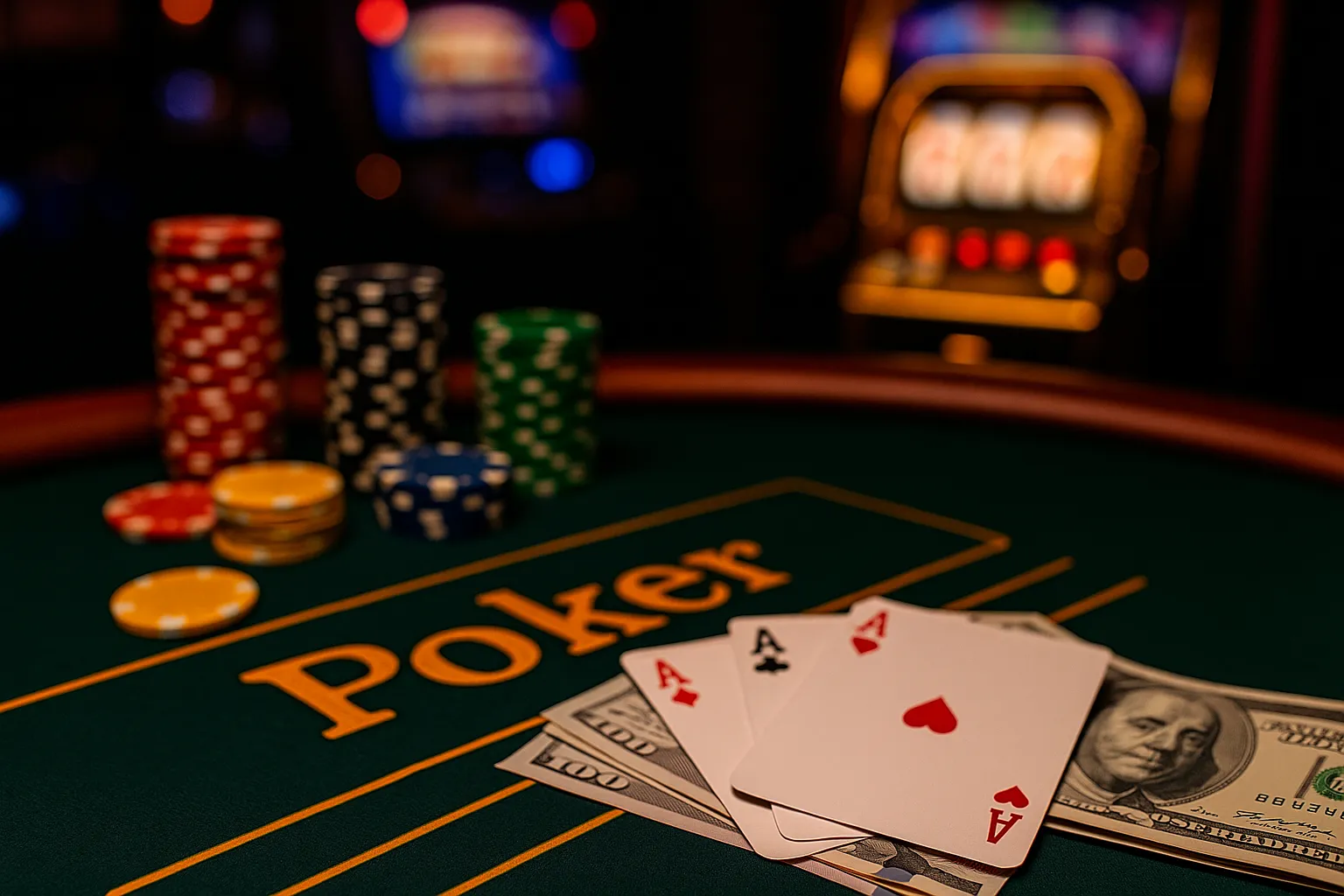The phrase “responsible gambling” often brings to mind ideas of setting limits, playing for fun, and treating gambling as entertainment rather than income. But what happens when the stakes are much higher? For high-rollers betting thousands on a single hand or spin, the concept of responsible gambling becomes both more complicated and more crucial.
Having followed the gambling industry for years and spoken with players who enjoy high-stakes action, I’ve seen the fine line between controlled, responsible play and reckless risk-taking. High-stakes gambling isn’t inherently irresponsible, but it requires stronger boundaries, greater self-awareness, and sometimes even professional support.
The Allure and Risk of High-Stakes Gambling
High-stakes play has always held a certain mystique. Whether it’s a private poker room in Las Vegas or a VIP section in an online casino, the glamour of playing big is part of the appeal. Winning large sums in a single session can be exhilarating, but equally, losing those sums can be devastating.
This is why the risks are amplified in high-stakes gambling. A single bad decision can wipe out a bankroll that took months or years to build. While recreational players may lose small amounts and walk away, high-stakes players risk financial instability, emotional distress, and in some cases, compulsive behavior that spirals out of control.
Defining Responsible Gambling in High Stakes
Responsible gambling in low- to mid-stakes play often means setting deposit limits, taking breaks, and treating gambling as a hobby. In high-stakes play, those same principles still apply but must be magnified. Responsible play at this level means having strict bankroll management strategies, understanding loss thresholds, and having the discipline to step back even when the environment encourages continued play.
In my conversations with experienced high-stakes players, many emphasize preparation before entering a session. They decide in advance exactly how much they are willing to lose and accept that money as the cost of entertainment. Without that mental framework, the temptation to chase losses at high levels becomes overwhelming.
The Role of Casinos in Responsible Gambling
Casinos, both physical and digital, have a responsibility to support safe play. Some high-end casinos assign hosts to VIPs not just to provide perks but also to monitor their betting behavior. In online spaces, operators provide features like reality checks, loss limits, and time reminders.
However, not every platform enforces these measures equally. For example, casinos no kyc have grown in popularity by offering faster sign-ups and more anonymity, but that very anonymity can make responsible gambling harder to manage. Without identity checks or structured controls, the responsibility falls even more heavily on the player. For disciplined high-stakes players, this freedom can be appealing, but for those prone to chasing losses, it can be a dangerous environment.
The Psychology Behind High-Stakes Play
One reason responsible gambling is harder at higher stakes is the psychological pressure. When the amounts are larger, the adrenaline rush is stronger, and decision-making can become clouded. Players often describe entering a “zone” where rational thought is overtaken by the thrill of the game.
This can lead to both euphoric highs and devastating lows. Responsible play requires recognizing these emotional swings and not allowing them to dictate actions. Some players use strategies like stepping away after a major win or loss, while others build in cooling-off periods no matter the outcome.
Personally, I’ve seen players who thrive at high stakes precisely because they treat it like a job rather than a thrill. They log sessions, analyze results, and approach the game with the same professionalism you’d expect from an investor or trader. That mindset can reduce the dangers—but it’s not something every player can achieve.
Tools and Strategies for Safer High-Stakes Gambling
One effective method for responsible high-stakes play is structured bankroll management. This involves separating gambling funds from personal finances entirely, ensuring that losses don’t impact essential living expenses.
Another strategy is self-exclusion or voluntary limits. Even high-stakes players can benefit from pre-set restrictions that prevent them from exceeding certain thresholds. Professional players often have accountability partners—friends, managers, or even coaches—who help keep their decisions in check.
Online platforms that provide transparent data tracking can also help. Being able to see exactly how much has been wagered, lost, and won over time brings clarity to what can otherwise feel like a blur.
Can Responsible Gambling Truly Exist at High Stakes?
The answer depends largely on the player. For those who enter high-stakes play with discipline, financial security, and self-control, responsible gambling is absolutely possible. They understand that the money wagered must be treated as entertainment expense, not as an investment strategy.
For others, the combination of high adrenaline, large sums, and the potential for rapid swings makes responsible play much harder to sustain. Without safeguards, high-stakes gambling can quickly transition into harmful behavior.
The key lies in preparation and mindset. If a player cannot set limits and stick to them in lower-stakes environments, moving to higher stakes will only magnify the problem.
Final Thoughts
So, is responsible gambling possible in high-stakes play? Yes—but it requires more effort, discipline, and honesty than in any other form of gambling. The glamour and intensity of high-stakes action make it alluring, but they also magnify the risks.
For players, the responsibility is to set clear limits, stick to them, and view gambling as entertainment rather than income. For casinos, the responsibility is to provide tools and safeguards that help players stay in control.
High-stakes gambling will always carry greater risks, but with awareness and structure, it can still be approached responsibly. Like any form of gambling, it all comes down to control—and the willingness to step away when control begins to slip.



